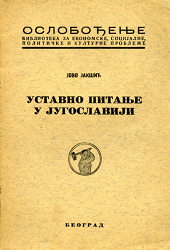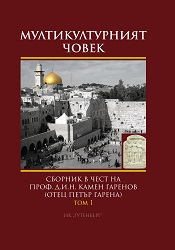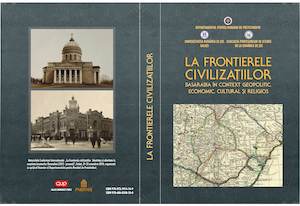Author(s): Marta Kłak-Ambrożkiewicz / Language(s): Polish
Publication Year: 0
Jan Matejko (1838–1893) is the author of more than three hundred twenty oil paintings, several thousand drawing sketches, a couple of hundred projects of the polychrome, stained glass, altars, and statues. He was a collector. He was a titan, not only artistic. His paintings received the highest awards. Also, honorary memberships of the European artistic associations were bestowed on him. In 1873 Matejko became the director of Cracow Fine Arts School. The artist conducted an inventory of historical places, creating an extraordinary pictorial documentation of often no longer existing objects. He acquired artifacts related to historical figures for his own collection. His painting talent and historical passion developed in parallel. From the beginning of his artistic journey, he embarked on pilgrimages to churches, libraries, monasteries, and through the streets of cities. He filled the pages of the album "Skarbczyk". He copied, drew, documented. The important fact is that since 1856, Matejko had a permanent right to access the valuable manuscript collections of the Jagiellonian Library, and from 1864 he was a member of the Cracow Scientific Society. Matejko’ s private library proves his extensive interests. He read about art, philosophy, and history. His collection included: Marcin Bielski’ s "Polish Chronicle", works by Jan Długosz, "Historical annals", "Cracow annals", "The Templates of Medieval and Renaissance Art after the End of the Seventeenth Century in Old Poland" ("Wzory sztuki średniowiecznej i z epoki Odrodzenia po koniec wieku XVII w dawnej Polsce") by Edward Rastawiecki and Aleksander Przezdziecki, as well as many other works in the field of history, philosophy, ethnography, given to him by the authors. He actively took part in the work of the Department of Archaeology and Fine Arts of the Scientific Society. Matejko depicted events related to the figure of Sigismund II Augustus in his works, covering various periods of his life as the heir to the throne and later as the king. He created portrait sketches, compositional sketches for paintings, historical paintings, and immortalized him in the work "Polish Clothing 1200–1795" ("Ubiory w Polsce 1200–1795"). The artist collected artifacts related to the Jagiellonian era.
More...




![„[…] a oto ginie marnie, pamięci nawet po sobie nie zostawując, na jaką zasłużył”](/api/image/getbookcoverimage?id=document_cover-page-image_1232894.png)